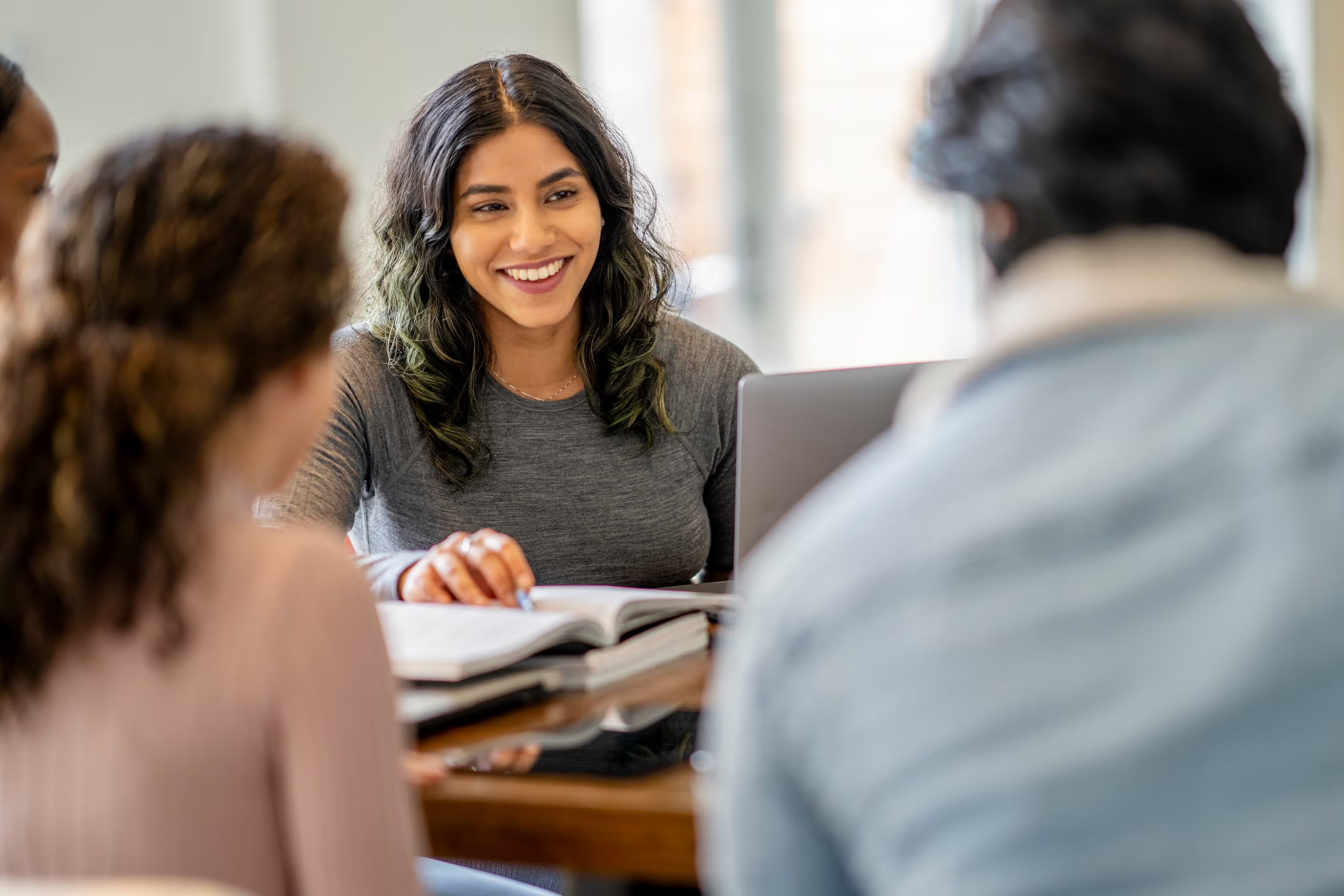Integrating mathematics for better understanding of all disciplines
As a mathematics teacher, you want your students to see themselves as capable learners who can use what you teach to make sense of the world around them. To do so, they need to see how math is practised in the world, how its theories are validated, and how its concepts are the foundation for knowledge and skills acquisition in nearly every other subject area.
At E2 Adventures, we believe in the power of mathematics to cultivate logical reasoning skills and empower students to make better decisions. You can easily integrate any and all of our educational programs into your mathematics curriculum!



Mathematics learning objectives help students make more effective decisions
Open your students' eyes to the real-world power of mathematics with our live, interactive, virtual field trips. Our programs feature authentic learning scenarios and improve students' understanding of mathematical concepts. By participating in an E2 adventure, your students will see how critical decisions are made based on solid data and mathematical understanding; and you'll gain more insight into how your students think and reason!
Apply knowledge
How is data captured and organized? How do we measure greenhouse gas emissions? How can we be sure that a giant aircraft will leave the runway? Your students can explore practical applications of mathematical concepts and data on all of our field trips and in class.

Think critically
Investigate current issues that require math skills to solve. Use logic skills to deduce what might work and what won't. Present possible solutions and back up your ideas with data. Our field trips encourage students to rely on math in their everyday lives.
.avif)
Make sense of the world
See firsthand the interconnectivity of many systems and industries—and how mathematical concepts are at the base of every one. Talking to professionals in the field and discussing current issues will add new energy to your classroom.





Supporting math teachers every step of the way
Signing up for an E2 adventure is just the first step! We support teachers before, during and after each virtual field trip.
Before & During
We'll make sure you understand exactly how the program will run, provide you educational resources that you can use to prep your students, and be available via email and live chat to answer any and all questions you may have. We want to make sure that your E2 experience runs flawlessly!
After
We'll provide you with even more educational resources to keep the learning alive and promote further discussion in your classroom. We'll also send links that your students can check out on their own time. After every field trip, we ask teachers for feedback and stay in touch to let them know about future events.
FAQs
Find answers to common questions about the registration process, program details and participation requirements.
At its core, an E2 program is a live broadcast during which you and your students will visit multiple sites and meet multiple industry experts all in a single class period, without the cost and hassle of bus transportation or permission slips. During the event, you and your students can ask the experts questions via our interactive Slido platform.
But an E2 program starts before the one-hour broadcast and can continue afterwards, as well. Each of our educational programs is built around a curriculum-aligned theme, and we provide educational materials for you to use both before and after the event, including discussion questions, mind maps, experiential learning activities, reflection questions, links to external resources and more. In addition, if your students asked any questions that were not answered during the live broadcast, we'll follow up with the experts on your behalf and get answers!
E2 programs are designed to fit easily into any curriculum, and we're happy to answer any and all questions you might have on how to do so, either by email or live chat.
E2 Adventures are designed for students in Grades 6 through 12. We're currently working on developing virtual field trips for a younger audience! If you'd be interested in providing feedback on how we can adapt our field trips to students in Grades 2 through 5, please send an email to info@e2adventures.com.
Our educational approach is what makes our virtual field trips so special. E2 field trips are:
• Live: Whether we're visiting a site in Canada, Iceland, Australia or Japan, you'll meet the experts live, in real time.
• Interactive: Using the innovative Slido platform, your students can ask questions at any time. They'll also participate in polls, answer trivia questions and maybe even vote on the next thing they want to see! E2 virtual field trips engage students in active learning.
• Curriculum-aligned: How could an E2 Adventure fit in with your particular curriculum requirements? That's easy! All of our events are multidisciplinary, and we provide educational resources that will help you seamlessly integrate the field trip into your classroom learning.
During each and every live broadcast, students can ask the experts questions in real time via the Slido platform. Several questions will be answered during the event. Questions that are not answered during the broadcast will be sent to the experts so that they can answer them in writing in a document we will email to you the following week—providing another opportunity for you and your students to circle back to what they learned!
Our events team will also engage your students during the trip by posting live polls and getting students' input on what they'd like to see next.
For a list of the live, interactive, virtual field trips currently in production this school year, visit the Programs & Events page. If there's something you'd like to see that's not currently offered, let us know by emailing us at info@e2adventures.com!
Our virtual field trips are one hour long. You and your students can join the Slido event up to half an hour before the broadcast starts to answer introduction polls and test your knowledge of the subject!
Once your registration is confirmed, we will send you field trip-specific educational resources that you can use before or after the event. We'll communicate with you two weeks prior to the event with more information, as well as one day before the event as a reminder.
It's easy to stream the live broadcast or show an asynchronous version of an E2 Adventure. All you need is your classroom computer and projector!
You can choose to stream the event on YouTube or Vimeo. You will be provided with both links prior to the broadcast, and you can open the links up to 30 minutes before the start of the broadcast.
Share the provided Slido link and/or QR code with your students up to 30 minutes before the start of the broadcast. They can start to interact with the events team via live polls and multiple-choice questions.
No downloads! Just make sure that your school's firewalls don't prevent you or your students from accessing YouTube/Vimeo or Slido.
Get in touch
Need more information? Send us a quick note by filling out this form, or you can send us an email.
We've received your message.
And we're on it! We'll have an answer for you in the next 24 hours. In the meantime, sign up for our newsletter and always be among the first to know what's going on at E2.
Bien reçu!
Merci d’avoir contacté E2. Nous vous répondrons dans les prochaines 24 heures. En attendant, inscrivez-vous à notre infolettre et soyez toujours parmi les premiers informés.





.jpeg)

.avif)